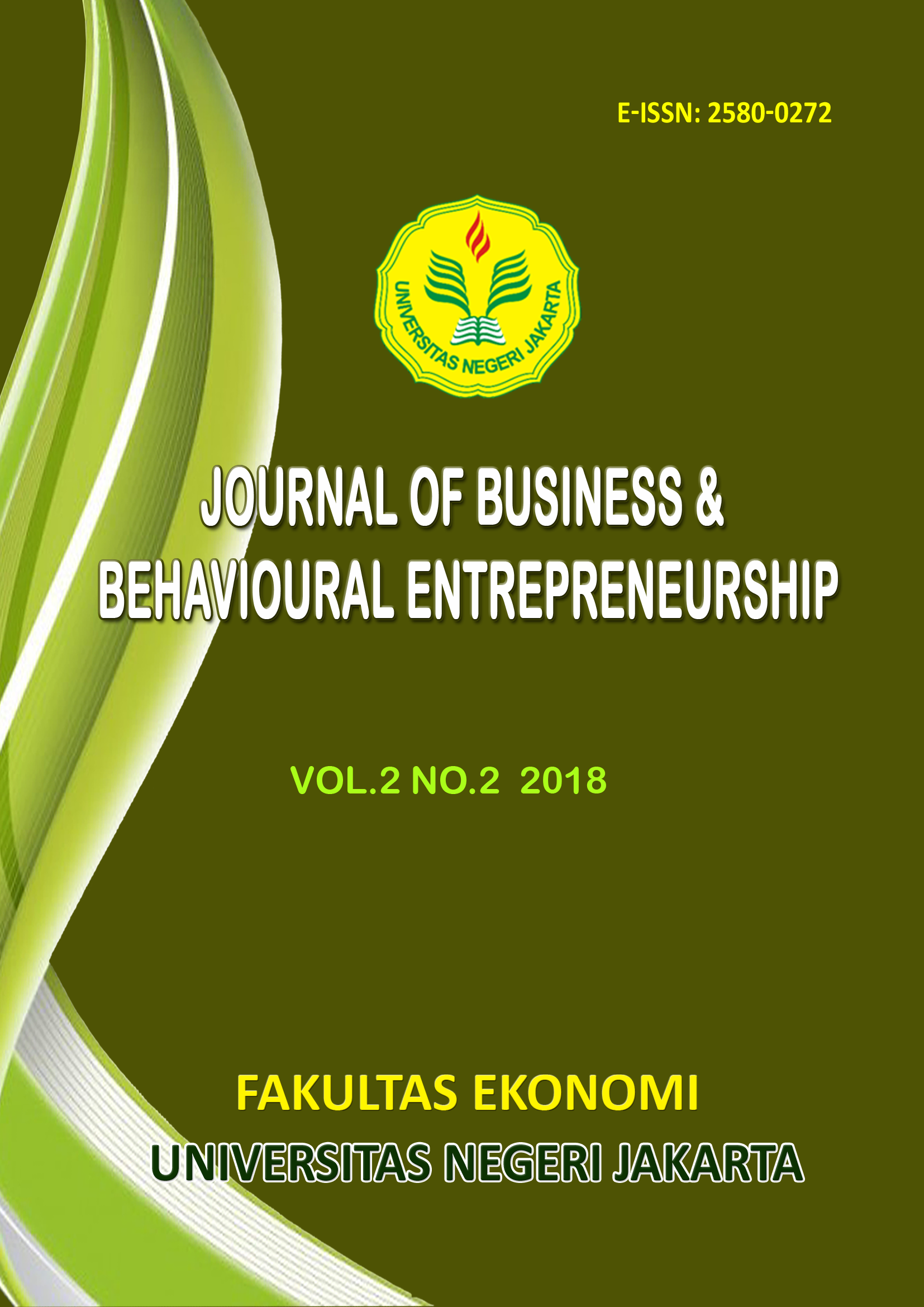Esprit de Corps and Desertion Intention in Indonesian Navy
DOI:
https://doi.org/10.21009/JOBBE.002.2.01Keywords:
Keywords: Leadership, Quality of Work Life, Esprit de Corps, Desertion Intentions.Abstract
Losing members due to death in battle or desertion from their units is detrimental to the military unit. Both will interfere with the implementation of the overall task. Killed in battle were recorded as a hero and desertion was classified as an unlawful act. The desires of desertion of soldiers must be sought to be prevented, and become part of the task of the unit commander. Likewise, the work environment must be improved so that soldiers become comfortable in working or esprit de corps as a spirit of unity must be maintained and enhanced as the pride of the corps that is able to bind members in a single unit. This quantitative study aims to empirically determine what factors directly influence the level of desertion intention of the soldier. By using structural equation modeling (SEM) estimation techniques on 302 Navy soldiers. The results of processing existing data found that esprit de corps is a very central aspect in an effort to reduce desertion intentions. Leadership also has a significant negative direct effect, although it is not as strong as esprit de corps, while the quality of work life has a direct but not significant negative effect on desertion intentions. It is interesting that the influence of leadership on esprit de corps is very significant. Leadership that pays attention to members through direct communication is capable of increasing unit esprit de corps.









